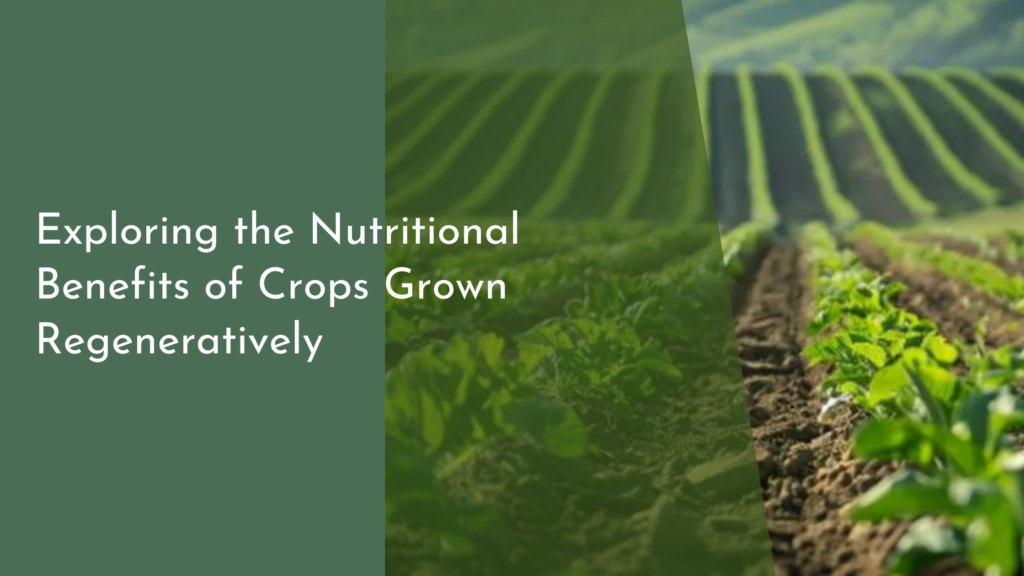Agroforestry for Sustainable Black Pepper Farming
As the demand for black pepper continues to rise globally, farmers are increasingly looking for sustainable methods to enhance production while preserving the environment. Agroforestry, the integration of trees and shrubs into agricultural landscapes, provides a promising path for sustainable black pepper farming. This innovative approach not only contributes to better yields but also promotes biodiversity, improves soil health, and helps combat climate change.
In this article, we will explore the benefits of agroforestry in pepper farming, how trees can enhance soil health and the yield of black pepper, eco-friendly practices for thriving pepper orchards, and how you can join the agroforestry movement for a sustainable future. Let’s dive into the world of agroforestry and discover its potential for revolutionizing black pepper farming!
Discover the Benefits of Agroforestry in Pepper Farming
Agroforestry offers numerous benefits for black pepper farmers, starting with increased biodiversity on their farms. By incorporating various tree species alongside pepper plants, farmers create a more resilient ecosystem that attracts beneficial insects and birds. This biodiversity not only helps control pests naturally but also promotes pollination, which is vital for crop production. With a richer ecosystem, farmers can reduce their reliance on chemical pesticides and fertilizers, leading to healthier crops and a safer environment.
Additionally, agroforestry contributes to improved economic stability for farmers. By diversifying their income sources, farmers can sell both pepper and timber or other tree products, creating a more sustainable financial model. This diversification buffers against market fluctuations and crop failures, ensuring that farmers have alternative sources of income. Ultimately, agroforestry can lead to a more profitable and sustainable future for black pepper farming.
How Trees Boost Soil Health and Pepper Yield
One of the most significant advantages of agroforestry is its positive impact on soil health. Trees play a critical role in improving soil structure, enhancing nutrient cycling, and preventing erosion. Their extensive root systems help bind the soil, which reduces runoff and increases moisture retention. This is particularly beneficial for pepper plants, which thrive in well-aerated and nutrient-rich soil. By planting leguminous trees, farmers can also naturally fix nitrogen in the soil, providing an essential nutrient for pepper growth.
Moreover, the shade provided by trees creates a microclimate that can protect pepper plants from extreme temperatures and harsh sunlight. This moderated environment can enhance the overall growth and productivity of black pepper. Studies have shown that pepper farms that incorporate agroforestry practices often report higher yields compared to conventional monoculture systems. By nurturing the soil and optimizing growth conditions, farmers can enjoy a bountiful harvest year after year.
Eco-Friendly Practices for Thriving Pepper Orchards
Implementing eco-friendly practices in agroforestry can further enhance the sustainability of black pepper farming. Farmers can adopt techniques such as contour planting, agroecological approaches, and organic farming methods to minimize their environmental footprint. For example, contour planting involves growing crops along the natural contours of the land, which helps reduce soil erosion and water runoff. Such practices not only protect the soil but also ensure that water is utilized efficiently.
Additionally, adopting organic methods such as composting and using natural pest repellents can significantly increase the health of the ecosystem surrounding pepper crops. By utilizing organic matter like compost and mulch, farmers can enrich the soil and improve its water retention capacity. This not only supports healthier pepper plants but also contributes to the overall sustainability of the farm. As farmers embrace these eco-friendly practices, they help restore the balance in their ecosystems while enjoying robust pepper production.
Join the Agroforestry Movement for a Sustainable Future!
The transition to agroforestry may seem daunting, but it is a rewarding journey towards a sustainable and thriving black pepper farming system. Numerous organizations and communities are dedicated to supporting farmers in this transition, offering training, resources, and guidance. By joining the agroforestry movement, farmers can connect with like-minded individuals and share their experiences, challenges, and successes. Collaboration is key to building a sustainable agricultural future.
Furthermore, consumers can play a crucial role in this movement by choosing to support sustainably grown products. By purchasing black pepper from agroforestry farms, consumers contribute to a healthier planet and help farmers thrive economically. Together, farmers and consumers can champion sustainable practices, making a positive impact on the environment and ensuring that black pepper remains a beloved spice for generations to come.
Agroforestry is not just a farming technique; it is a commitment to sustainability, biodiversity, and resilience. By integrating trees into black pepper farming, farmers can create a more productive, eco-friendly, and economically viable agricultural system. As we embrace this holistic approach, we pave the way for a brighter, greener future—not just for pepper farmers but for the entire planet. Let’s celebrate and support the agroforestry movement, making sustainable choices that benefit us all!


